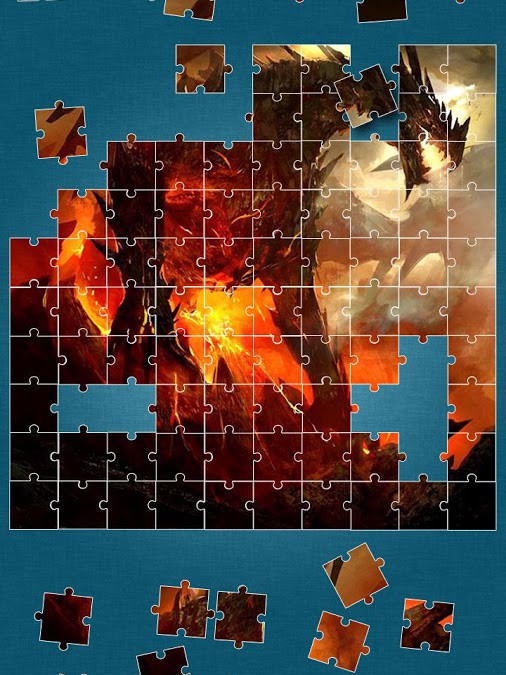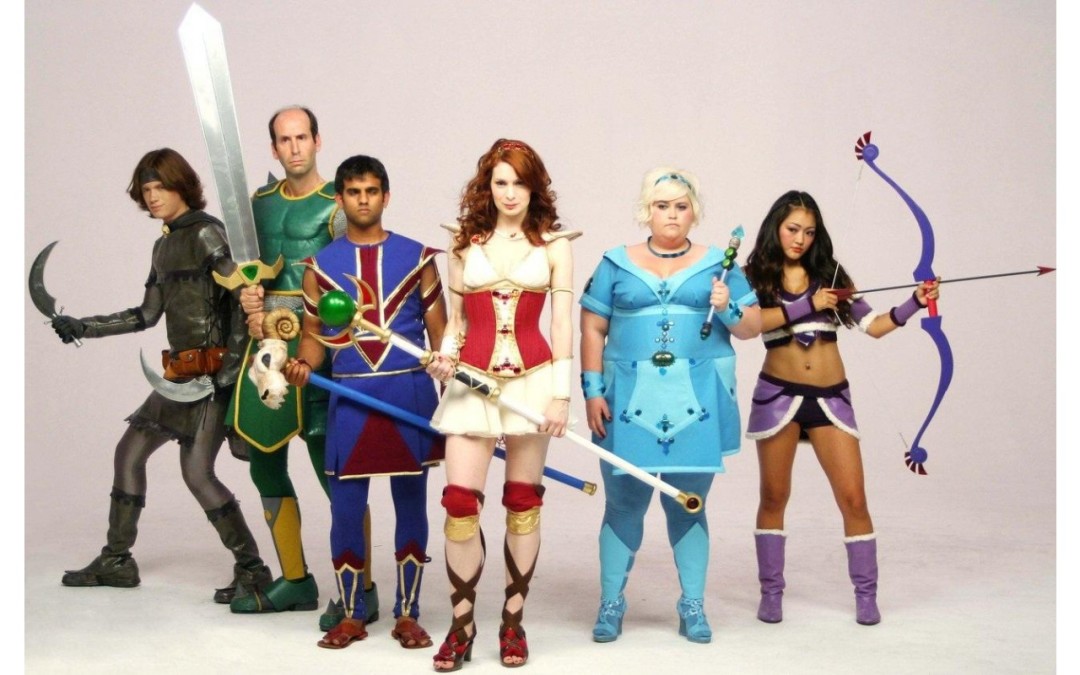
by Edwin | Apr 1, 2015 | Game Development
What follows is the Narrative Design method that I aim to apply to Seven Dragon Saga, and every other RPG I work on for that matter. Jigsaw Storytelling In a nutshell, Jigsaw Storytelling involves the baking of lots of little narrative goodies that a player ‘consumes and digests’ in any order. In this way, we whet the players appetite for story without cramming it down their throats in ‘storytelling sessions’…like this. Yes, we’re throwing traditional plot structure out the window. No ‘Hero’s Journeys’ here! What we get in return is a ‘Story Experience’ rather than a ‘Story Telling’. Here’s what I mean in much more detail… The Jigsaw...

by Edwin | Mar 26, 2015 | Game Development
The word ‘story’ can be very misleading when it comes to designing RPGs. It’s often confused with the word ‘Plot’. Plot = “the main events of a play, novel, film, or similar work, devised and presented by the writer as an interrelated sequence.” Plot is basically…this happens, and then this happens because that happened, and now this is happening because those other two things happened, one after the other…and so on! But what’s the ‘story’ when we mess with the sequence like we can do in RPGs. What occurs when you can experience the events in any order you wish? Narrative, that’s what occurs. Narrative = “a spoken or written account of connected events; a story.” Yes, events are connected, but they’re not in sequence. That means the player can experience the events in any order and, through doing so, build their own understanding of the story. They’re not being told a story…a plot. They’re putting the story together for themselves…piece by narrative...

by Edwin | Mar 24, 2015 | Game Development
Extra Credits explains how a ‘swift kick to the head’ with the Boot of Consequence jolts a player into treating the game world as a ‘real’ world and how Permanence reinforces that ‘real world’ environment so that the player starts to behave like a ‘real’ character in that world. And I’ve got one thing to add to that. Design your game world so that it NEVER breaks the ‘fourth wall’! That means that every element of your world has to make sense according to the rules you’ve established for that world. No leaps of logic. No Deus Ex Machina. No ‘because it’s a game’ stuff. No-one should be forced to eat out of a trash can!...




